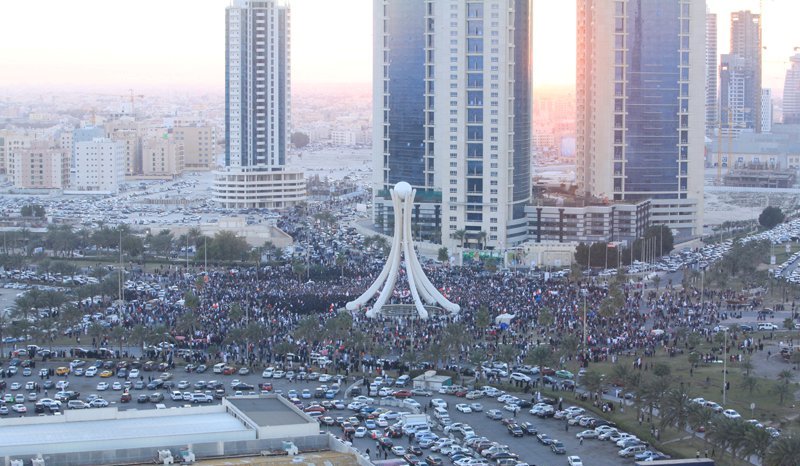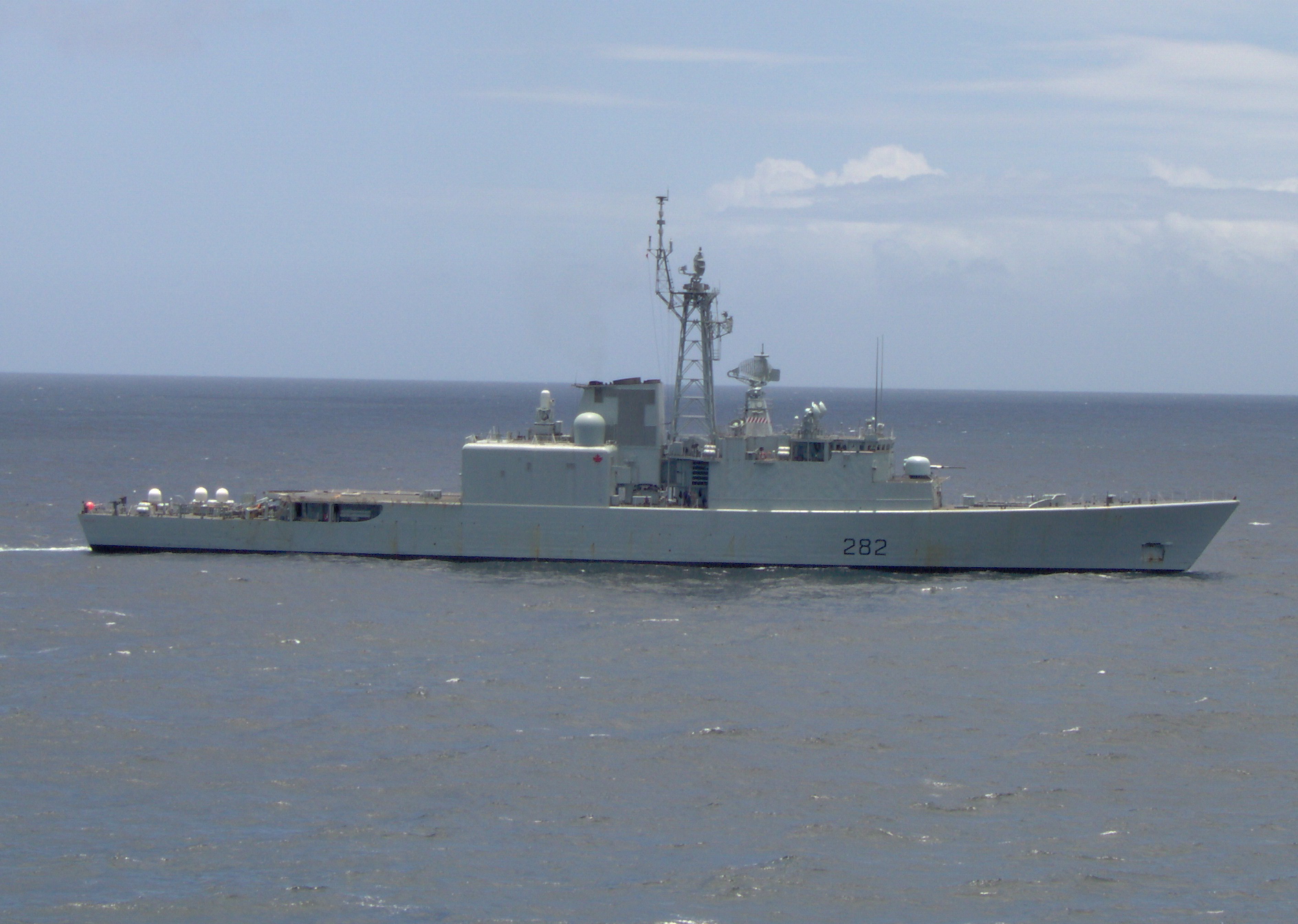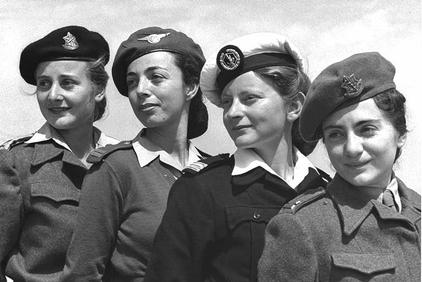Although individual NATO member states have launched strikes against the Islamic State of Iraq and al-Sham (ISIS), such as Canada’s Operation Impact or the United States’ Operation Inherent Resolve, NATO itself has not mandated a multilateral intervention on the scale of Operation Unified Protector, which saw the Alliance’s resources brought to bear against the regime of Libya’s Muammar Gaddafi in 2011. As such, NATO’s current interaction with Arab League countries is limited to two mechanisms: the Mediterranean Dialogue and the Istanbul Cooperation Initiative (ICI).
The former currently encompasses Algeria, Egypt, Israel, Jordan, Mauritania, Morocco, and Tunisia. At the 2012 NATO Summit in Chicago, NATO member states issued an invitation to Libya to take part in the Mediterranean Dialogue. As of this writing, the new National Congress in Libya has yet to officially respond to the invitation. While the Mediterranean Dialogue enjoys broad membership among Arab countries, this partnership is intended “…to create good relations and better mutual understanding and confidence throughout the region, promoting regional security and stability, and explaining NATO’s policies and goals.” As such, the principal focus of the Mediterranean Dialogue is on inter-state security, inter-state relations, and public diplomacy efforts intended to put forward a positive image of NATO and its efforts. But, as the Arab Spring and its aftermath have so clearly demonstrated, at times the state itself can become a threat to the security of its own citizens. The Mediterranean Dialogue presents few opportunities to address such issues as civilian oversight of the military, structuring civil-military relations, and fostering the rule of law in states across North Africa and the Middle East.
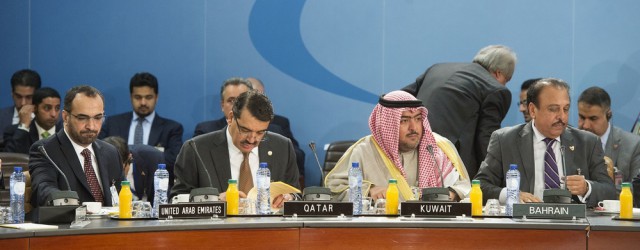
In this sense, the ICI may hold greater long-term potential, affording opportunities for NATO to share its best practices and institutional knowledge with states struggling to reconcile competing values. The ICI, originally launched at the 2004 NATO Summit in Istanbul, is intended to foster practical security cooperation with a select number of countries in the Middle East. Initially, only the member states of the Gulf Cooperation Council were invited to take part: Bahrain, Kuwait, Oman, Qatar, Saudi Arabia, and the United Arab Emirates (UAE). The governments of Bahrain, Kuwait, Qatar, and the UAE accepted the invitation and actively participate in the ICI, while Saudi Arabia and Oman have not accepted the invitation to date, but have expressed an interest in the ICI’s activities. Lacking the broad membership of the Mediterranean Dialogue, the ICI’s efforts are decidedly more intensive.
It must also be noted that the ICI lacks the explicit democratization agenda of NATO’s more widely known Partnership for Peace. Similarly the Mediterranean Dialogue merely calls on its members to ‘promote’ the democratic control of armed forces, rather than setting out any terms that would apply pressure on MD members to adopt comprehensive reforms. This reflected the political realities of the region at the time of the ICI’s establishment, at which point the inclusion of an explicit democratization agenda in the ICI would have very likely led to a poor reception from the region’s governments.
Given that significant changes have occurred in the region since the 2004 NATO Summit, the ICI could become an excellent vehicle for fostering necessary reforms. This is not to say that NATO should seek to impose an explicit democratization agenda upon the ICI partners, however. Instead, NATO could seek to build upon the aspects of the ICI relating to practical security cooperation by inviting ICI member states to become ‘Sponsoring Nations’ of the NATO Civil-Military Cooperation Centre of Excellence (CIMIC COE) in Enschede, Netherlands, for example. That research institution is concerned with assisting NATO, Sponsoring Nations, and other institutions “…in the field of civil-military interaction by providing innovative and timely advice and subject matter expertise in the development of existing and new concepts, policy and doctrine…” By becoming Sponsoring Nations of the CIMIC COE as an expansion upon the activities of the ICI, civilian and military officials from Bahrain, Kuwait, Qatar, and the UAE would engage closely with civilian and military officials from Denmark, Germany, Hungary, Latvia, the Netherlands, Poland, and Slovenia on topics specifically relating to civil-military interaction.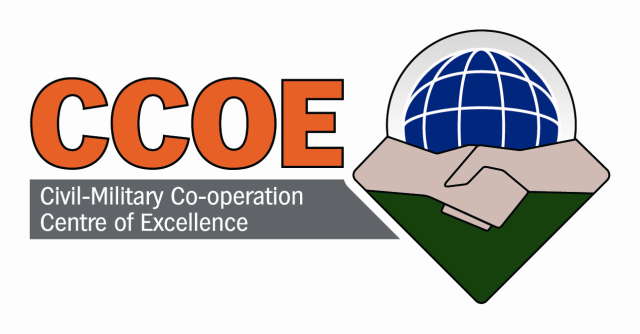
The current ICI members have also experienced some difficulties in striking the right balance of values and as such show some shortcomings in civil-military relations. In the UAE, five political activists were charged in 2011 with insulting the royal family, endangering national security, and inciting the people to protest by signing an online petition that called for free and open elections to the country’s largely advisory parliament. The day after the five were convicted and sentenced to several years in prison, they received pardons and were promptly released. Widespread arrests also took place in Kuwait as protests began to intensify there in October 2012.
Of particular concern for NATO and the ICI, however, has been the response by military and police forces to protests in Bahrain. Protests began in that small Gulf state in February 2011 and continued peacefully for several days until a pre-dawn raid was launched by police to clear protesters from the Pearl Roundabout, a central location in the Bahraini capital of Manama. The raid resulted in the deaths of four protesters. The following day, military forces opened fire on protesters attempting to return to the Pearl Roundabout, fatally wounding one civilian. After thousands of protesters peacefully reclaimed the Pearl Roundabout days later, Bahraini military forces once again opened fire on the crowds on February 22nd, killing 20 people and injuring over 100 others. Though repression in Bahrain has certainly not reached the level of severity witnessed in Syria under the regime of Bashar al-Assad, the police response in 2011 and 2012 has been characterized as a ‘brutal crackdown’, resulting in the arrests of dissident bloggers and even doctors who provided medical treatment to protesters injured by the military response in February 2011.
Such a heavy-handed response as that employed by Bahraini authorities carries the risk of radicalizing civilians and exacerbating tensions within society. The gruesome acts of repression visited upon the protesters at the Pearl Roundabout in Manama provide radicalizing agents in the region with plenty of ammunition for propaganda campaigns, demonstrating to audiences the apparent need for armed resistance and justifying acts of terrorism. Thus, if the Bahraini authorities had feared that the 2011 protests could allow radicalism to fester within society, the crackdown on the protesters achieved that end far more effectively than any peaceful alternative might have.
As can be seen from this brief review of events in Manama, the Bahraini authorities lack civil-military competencies. Through engagement with the CIMIC COE, Bahraini officials, both civilian and military, could develop an understanding of how to engage civilian populations constructively when tensions are running high. By understanding the broader consequences of a crackdown, these officials might then help to shift the behaviour of Bahraini government institutions, avoiding the use of violence against peaceful protesters, upholding the rule of law, and fostering intra-state dialogue. If the authorities of states engaged in the work of the ICI are greatly concerned about the prospect of terrorist groups waging campaigns to undermine legitimate governments, then the partnerships formed within the context of the ICI could also be expanded to include the expertise of the NATO Centre of Excellence – Defence Against Terrorism (COE-DAT) in Ankara, Turkey. In this way, best practices in the fight against terrorism can be readily exchanged between NATO and the Gulf Cooperation Council.
Nonetheless, it may be challenging to develop a consensus within NATO regarding the potentially complementary roles of the ICI and the Mediterranean Dialogue. But the case must be made and soon. The ICI, enhanced by the work of relevant NATO COEs, is the best vehicle for pursuing cooperation on the practical level. This does not diminish the vital contribution of the Mediterranean Dialogue at the level of political partnership. On the contrary, the high-level contacts fostered through the Dialogue can only serve to enhance regional security. Yet preventing the kind of violence witnessed at the Pearl Roundabout in Manama requires the utmost effort on the part of NATO member states to intensify the practical security cooperation in the region for which the ICI is so uniquely suited.

